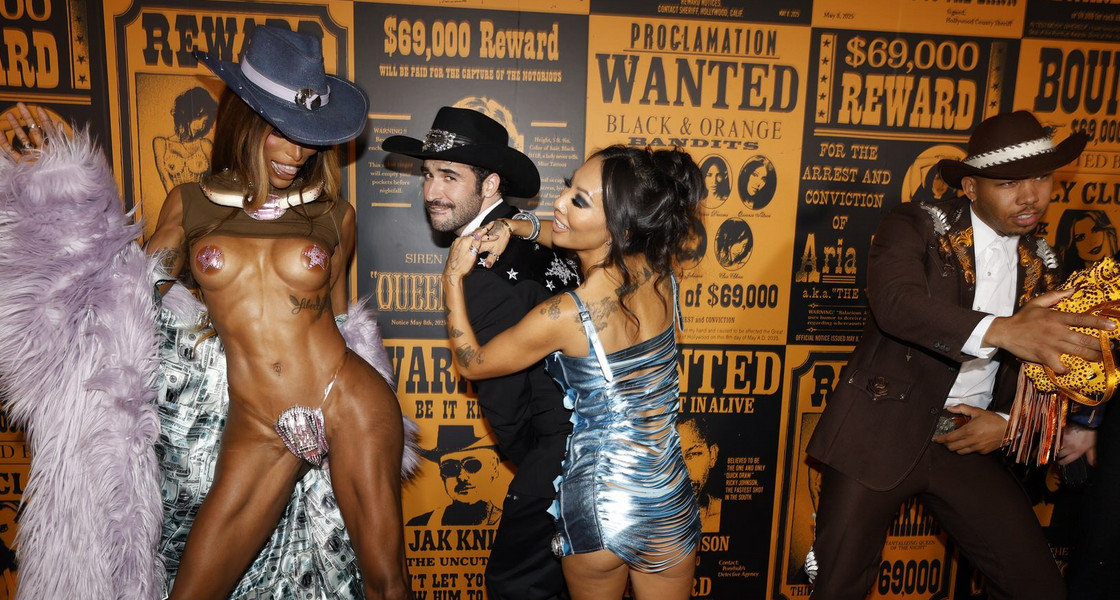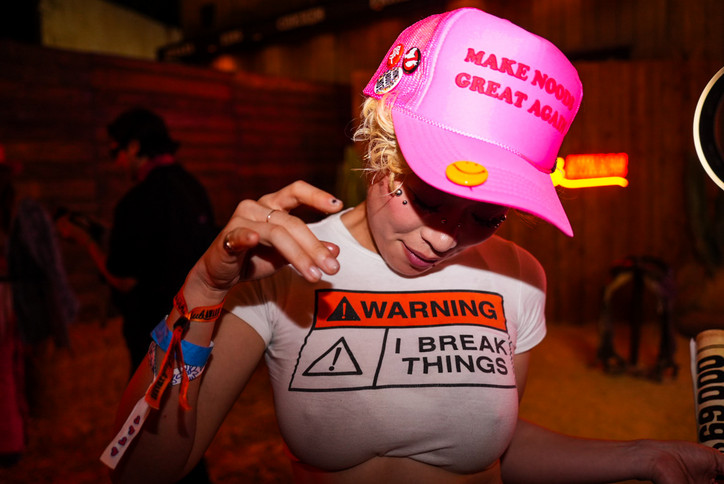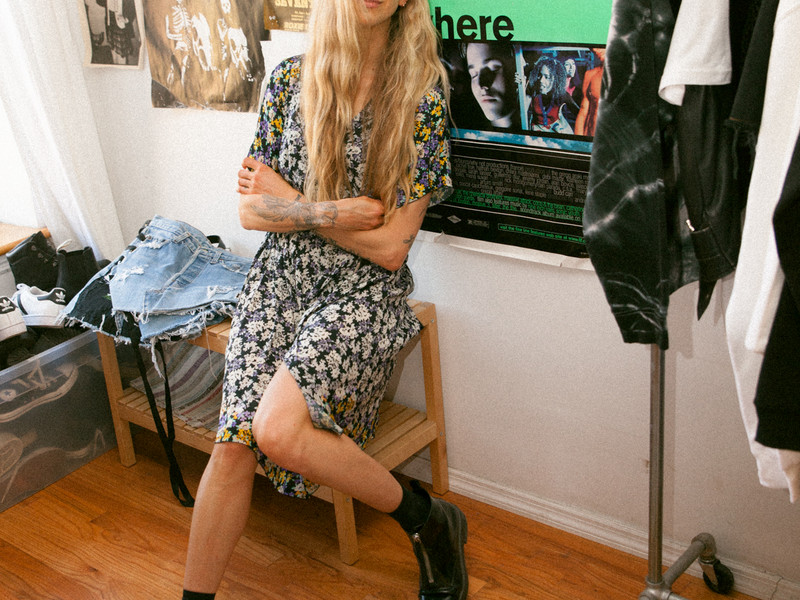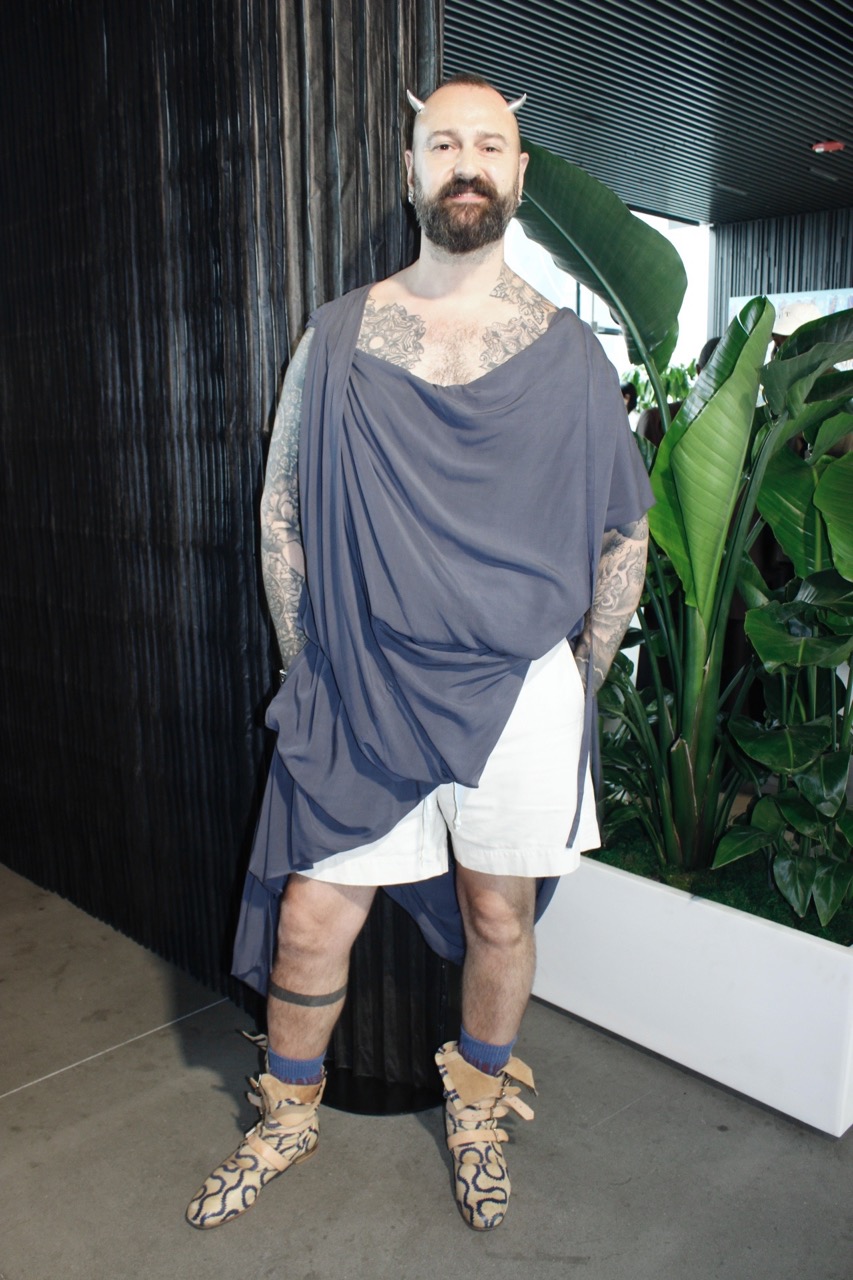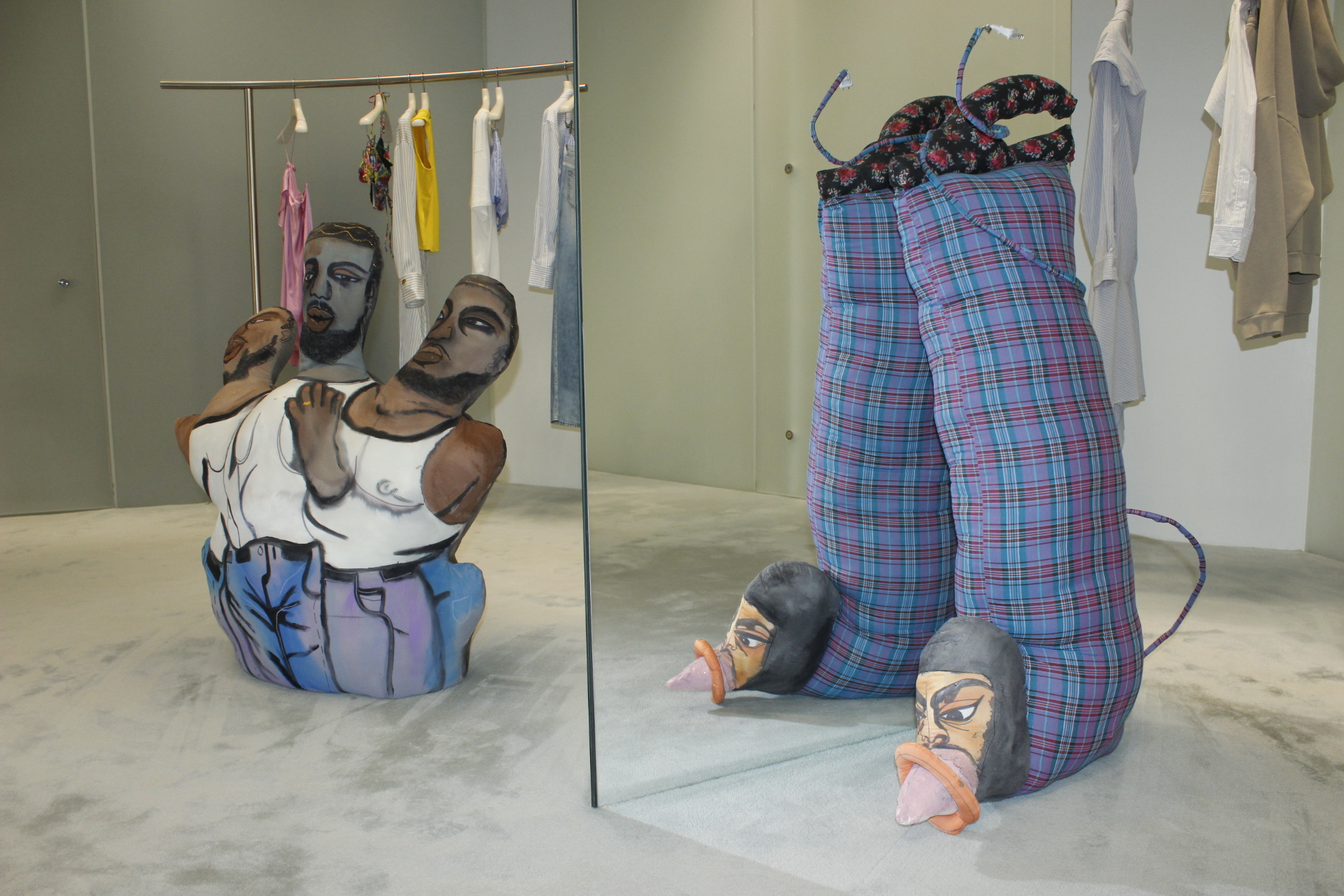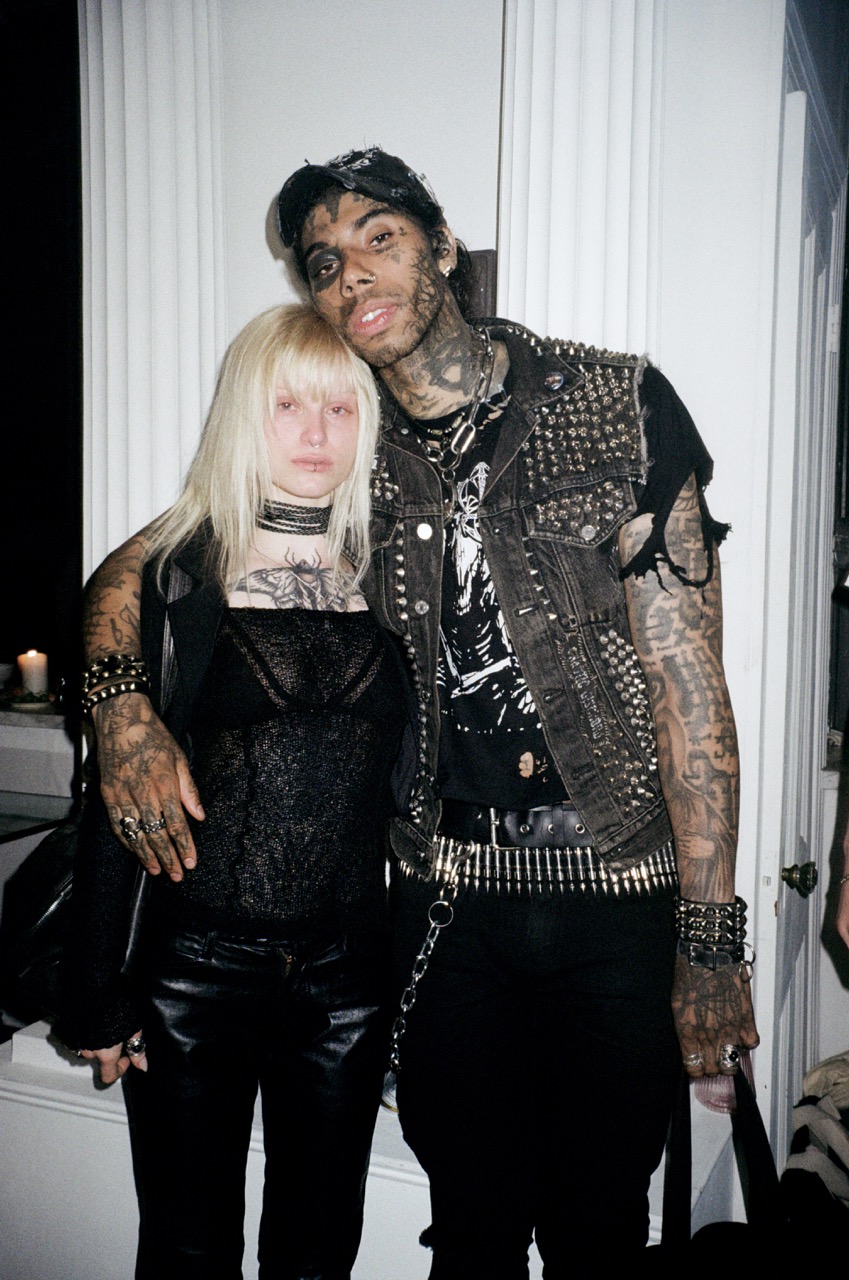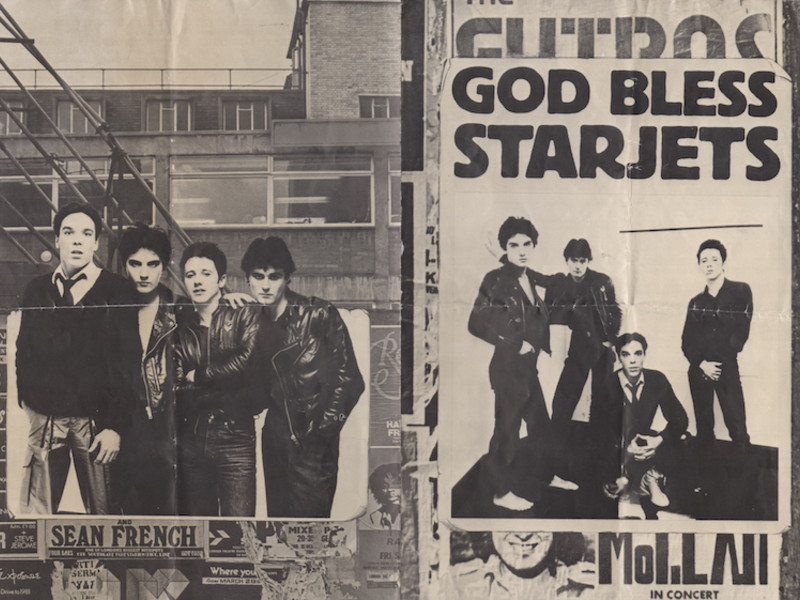I'm Watching You, I'm Watching Her
At the same time, in 1995, a movement against the availability of porn picked up rapid speed in the US congress. An amendment to the Communications Decency Act planned to extend obscenity laws into online porn. Touting pornographic images as “computer pollution,” and pushed under the guise of protecting children, the amendment would allow webmasters of porn sites to face jail time if minors could access their website. A year later, the act would be signed into law, marking the beginning of the conservative battle against online porn.
OnlyFans was founded in 2016, and gained traction in the online sex working world primarily due to its payment model. With a model payout of 80%, they had a competitive split compared to other clip sites. The site was allegedly stolen from the creator of the now defunct Follow+, Lindsey Leigh. Both websites boasted a new type of paid social media for creators, rather than typical clip sales. The revival of the subscription-based model of Web1 porn meant that content creators (and the website) were able to bring in recurring revenue with exponential growth.
Follow+ capsized one month after OnlyFans launched, resulting in a large gap for a niche market of early users — online Dominatrices and their devotees. Since it was, allegedly, the same website as Follow+, the transition many had to OnlyFans was seamless. Some of the first creators logging on were Financial Dominatrices, drawn in by the paywall model and – in the pre-Bella Thorne days – a virtually limitless price tag for pay-per-view content and tips. No other website had a small, yet heavy-hitting, niche catered to so well. As Dommes began sharing screenshots of their earned income in the thousands just off this one site, curiosity piqued throughout the internet.


The rapid growth of the site can be attributed to many causes — pop culture, the pandemic, a federal minimum wage of $7.25. They all play an important role in the growth of the billion-dollar fortune of the site, but none are as crucial to the early development of the site as their referral program. Now of policies past, OnlyFan’s initial referral program promised 5% kick back for every referred creator indefinitely. This in itself became a separate business model, with some users making more revenue off of referrals than their own content. Passive income forever – all you had to do was share your link.
In 2020, this program changed – allowing kickback only for the first year, and capping payout at each referred model’s first million – but by then, the site had already become a household name. Everyone from celebrities to school teachers wanted – or, in many cases, needed – a piece of the proverbial pie. With mainstream acceptance came, yet again, the conservative pushback against the availability of online porn.
The National Center on Sexual Exploitation (NCOSE) added OnlyFans onto their hit list of top offenders for the first time in 2021. The organization’s “dirty dozen” list placed them alongside businesses like Reddit, Twitter, Visa, and the state of Nevada as “major contributors to sexual exploitation,” stating that OnlyFans creators, “pay the high price of psychological, emotional, and physical harm that the sex industry imparts.” Days later, OnlyFans announced they would ban sexually explicit content from their website.
This was the newest frontier for anti-sex industry organizations. With Backpage taken down, Eros raided by Homeland Security, and Visa cutting ties to PornHub, the next battle to take on was OnlyFans. On the heels of FOSTA/SESTA – the 2018 amendment to the CDA that could hold websites liable for trafficking – the anti-porn lobby had new fuel in their fire in addition to the decades-old puritanical argument of enforcing obscenity law. Websites quickly changed their ToS, and either offshored their servers, or banned adult content entirely.
Despite the site requiring ID verification for all users, biometric face scans for creators, and now having some of the most restrictive policy around content – including a lengthy list of banned words, ranging from hypnotize to lactate – OnlyFans still cracked under the pressure of the anti-sex industry lobby. Institutes that claim to fight for victims in the sex industry – in a legal manner, not in a material one – like NCOSE, Exodus Cry, and Justice Defense Fund, started mounting less pressure on legislature, and more on companies that had ties to porn. A collective campaign began to pressure Visa and Mastercard to immediately stop doing business with PornHub and their parent company MindGeek, with the goal of cutting enough revenue to permanently close the site.


This tactic was more efficient than years of protest and changing legislature. By lobbying major financial institutions, you could make more changes faster than any government could. Clearly, the banks never had any interest in morality or law. In taking a page right from the sex industry’s own book, the anti-porn activists learned that money is the only walk that talks.
Though OnlyFans has now reversed their decision to ban sexually explicit content, the sex workers that built the platform hold their breath, working in limbo, knowing that at any moment their income can vanish. In the thirty year fight against online porn, the concessions made have come at the expense of sex workers, while the so-called wins fail to help victims in a lasting or material way. Changing legislature, criminalizing work, and removing access to banking will not end abuse in the sex trade, it merely pushes the violence elsewhere. The antiquated logic used by these lobbies are the same tactics anti-abortion and trans exclusionary groups use to justify an erosion of rights under the false pretense of saviorhood. Moral panic is often a fascist’s dog whistle.
No matter the intention, the criminalization of sex work in any form results in the eventual violence against workers and victims alike. With less resources, higher stigma, and more risk, sex industry workers are less safe in the shadows of a trade. The Anti lobbyists know that the work that has been happening in their organizations for the last decades is to dismantle protections for marginalized people. There is a reason why anti-porn groups don’t advocate for a harm reduction model, a proper living wage, or better conditions for workers. They fail to recognize the conditions that all work occurs under, that most people are trying to beat capitalism at its own game, and to walk away from each day with a little bit more time and resources than before. Exploitation happens in every line of work; it is an unfortunate truth in our system. To single in on sex work with the goal of eradicating an entire industry, is to scapegoat the larger problems of capital, labor, and gender-driven violence onto those that suffer exponentially more under these systems because of stigma and criminalization.

The state of the internet remains a grey area for sex work. As these changes are made, websites ultimately push out the community that built the base of their platforms. It’s unlikely OnlyFans will go under due to pressure from conservative evangelical groups, however, they easily may be working towards sanitizing the type of content they host until sex workers are edged out completely. While a fight of false righteousness is waged against us, no matter what change it brings, there will always be whores making our money, keeping the lights on, and taking care of each other.




